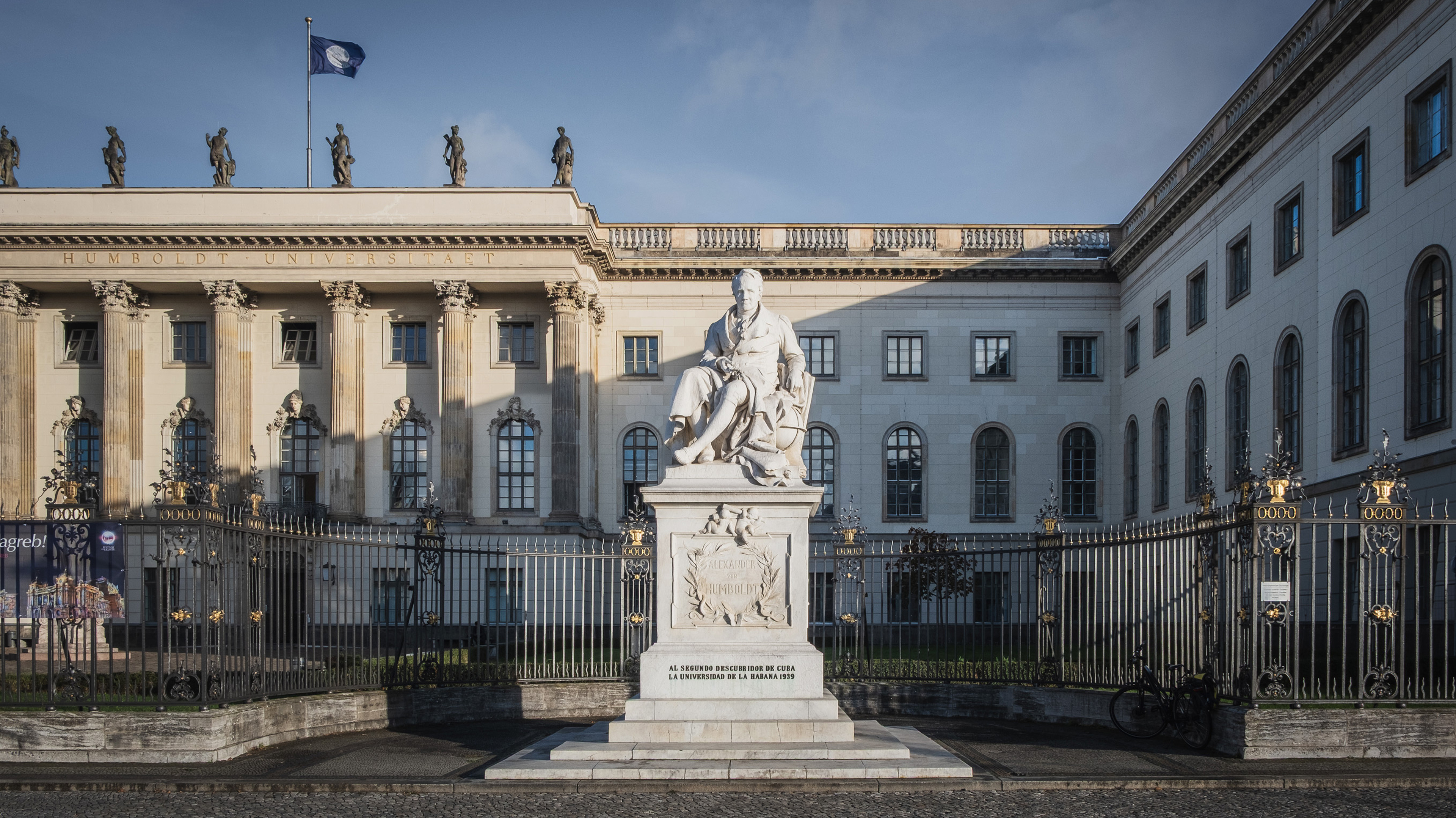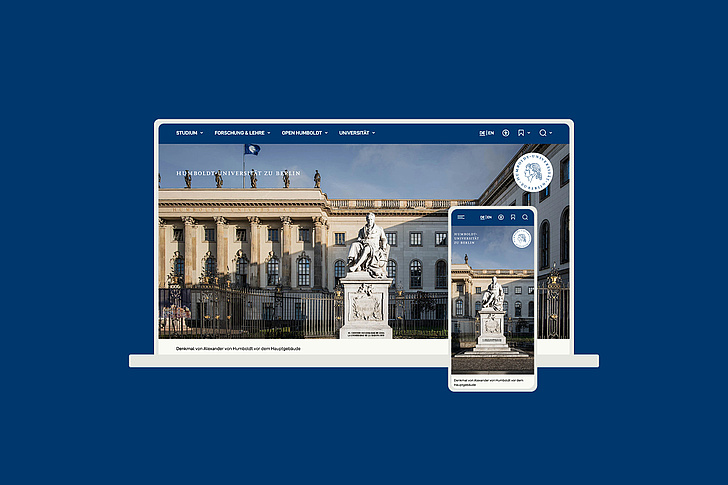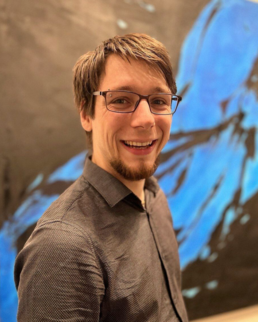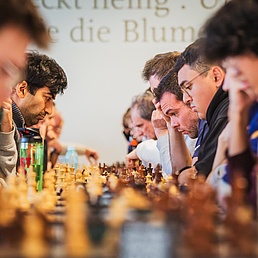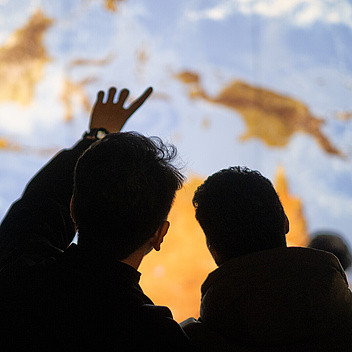Your way to Humboldt-Universität
News
Studying at the HU
Studying at Humboldt-Universität is unique: it combines interdisciplinary education, research and practice. With more than 170 degree programmes, we offer students early participation in research projects and encourage critical thinking and open dialogue beyond the curriculum.

Studying at the HU
Studying at Humboldt-Universität is unique: it combines interdisciplinary education, research and practice. With more than 170 degree programmes, we offer students early participation in research projects and encourage critical thinking and open dialogue beyond the curriculum.
Research & Teaching
Following the example of our namesake, research and teaching at Humboldt-Universität are directly linked. This explicitly includes early-career researchers who are able to conduct independent research and teaching at an early stage. HU is an excellent research university that achieves top results in many areas in national and international comparisons.

Research & Teaching
Following the example of our namesake, research and teaching at Humboldt-Universität are directly linked. This explicitly includes early-career researchers who are able to conduct independent research and teaching at an early stage. HU is an excellent research university that achieves top results in many areas in national and international comparisons.
Open Humboldt
Under the motto Open Humboldt, we share our knowledge, expertise and infrastructure beyond the campus boundaries. We are in constant dialogue with business and society. We want to inform and inspire people, promote and enable participation.

Open Humboldt
Under the motto Open Humboldt, we share our knowledge, expertise and infrastructure beyond the campus boundaries. We are in constant dialogue with business and society. We want to inform and inspire people, promote and enable participation.
Our university
Humboldt-Universität zu Berlin combines academic excellence with social responsibility. Guided by Humboldt's legacy, it stands for free, independent research, research-based learning and an open exchange of knowledge with society. It offers space for diversity, critical debate and new perspectives - right in the heart of Berlin, with a global network.
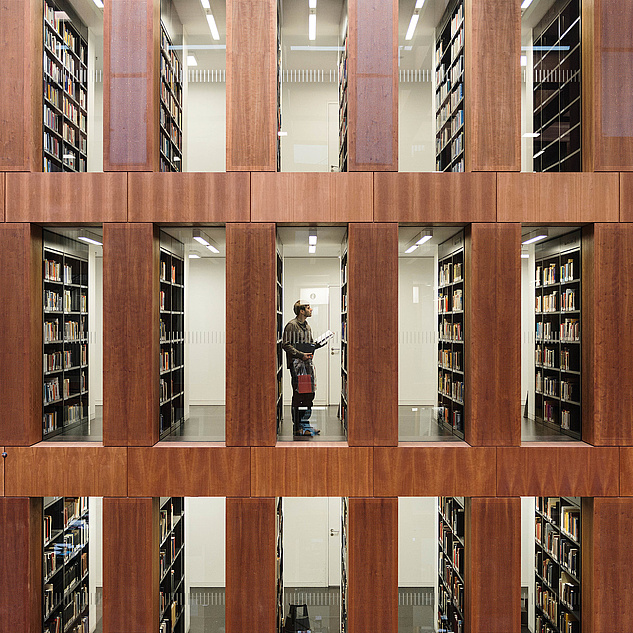
Our university
Humboldt-Universität zu Berlin combines academic excellence with social responsibility. Guided by Humboldt's legacy, it stands for free, independent research, research-based learning and an open exchange of knowledge with society. It offers space for diversity, critical debate and new perspectives - right in the heart of Berlin, with a global network.


